TUESDAY, September 19 -- 2:00 PM - 3:30 PM (GMT/UTC)
THURSDAY, September 21 -- 6:00 am - 7:30 AM (GMT/UTC)
 On the global level, buildings account for around 40% of the primary energy consumption and approximately 25% of greenhouse gas emissions. In Europe, buildings are responsible for 40% of the energy consumption and 36% of the CO2 emissions. Additionally, building construction materials embody large amounts of energy embody large amounts of energy.
On the global level, buildings account for around 40% of the primary energy consumption and approximately 25% of greenhouse gas emissions. In Europe, buildings are responsible for 40% of the energy consumption and 36% of the CO2 emissions. Additionally, building construction materials embody large amounts of energy embody large amounts of energy.
IEA SHC Task 66 on Solar Energy Buildings is focused on developing economic and ecologically feasible solar energy supply concepts with high solar fractions for new and existing buildings and communities. The targeted solar thermal and solar electrical fractions depend significantly on the climate zone.
For moderate climate conditions as in central Europe, northern China, and northern USA, the solar fractions to achieve are:
- At least 85% of the heat demand.
- 100% of the cooling demand.
- At least 60% of the electricity demand for households and e-mobility.
IEA SHC Task 66 work covers single-family buildings, multi-story residential buildings and building blocks, and both new buildings and the comprehensive refurbishment of existing buildings.
This webinar will provide an overview of the work of SHC Task 66 on Solar Energy Buildings and present the most important results achieved so far.
Q/A Session: The 90-minute webinar will include a 30-minute Q/A session, and a recording of the webinar will be available online afterward.
The webinar is organized by the Solar Academy of the IEA Solar Heating and Cooling Programme and hosted by ISES, the International Solar Energy Society.
Webinar Recording
September 19, 2023
Speakers
Harald Drück
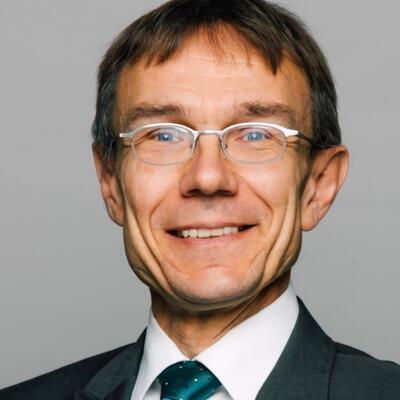
Dr. Harald Drück is Head of the Research and Test Centre for Solar Systems (TZS) and Head of R&D at the Institute for Building Energetics, Thermotechnology, and Energy Storage (IGTE) at the University of Stuttgart, Germany. His scientific focus is predominately related to the development of performance test methods and certification schemes for solar systems and their components for domestic hot water production, space heating, industrial processes, and solar thermal cooling, as well as in the areas of heat storage, buildings with high solar fractions and smart cities.
Nationally and internationally, Dr. Harald Drück is a consultant for many public and private clients. In addition, he is involved in numerous national and international working groups and committees, e.g., as Honorary Chairman of the Solar Keymark Network and Chairman of the Global Solar Certification Network, the European Standardisation Committee CEN TC 312, and the international Standardisation Committee ISO TC 180 as well as the Board of Directors of the European solar thermal industry federation Solar Heat Europe (SHE). Furthermore, he is the Task Manager of the IEA SHC Task 66 on Solar Energy Buildings.
In addition to his work at the University of Stuttgart, Harald Drück is also Head of SWT (Solar- und Wärmetechnik Stuttgart / Solar Heat Technology Stuttgart), one of the leading service providers in the field of solar thermal technology and Adjunct Professor at the Raiagiri School of Engineering and Technology in Kochi, India.
Presentation: Solar Energy Buildings – An introduction to IEA SHC Task 66, together with Dr. Frank Späte
Frank Späte
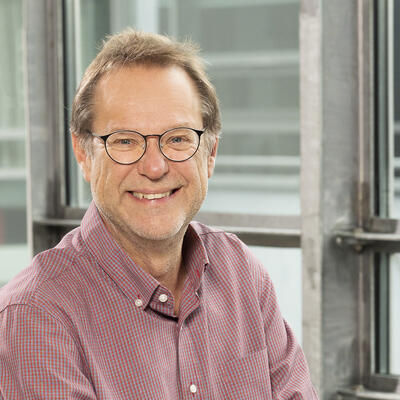 Frank Späte is involved in the establishment of the Solar-Institute Jülich (SIJ) FH Aachen and the management of various departments. Further, he is the Head of the technical department of "Solar Energy“ at REHAU. Since 2014, he has been a Professor at the Ostbayerische Technische Hochschule Amberg-Weiden / Technical University of Applied Sciences (OTH-AW), where his teaching and conducting research in the field of Energy Efficient Buildings, Renewable Energies. Plus, he is involved with the Internationalization Officer of the faculty and head of several study programs.
Frank Späte is involved in the establishment of the Solar-Institute Jülich (SIJ) FH Aachen and the management of various departments. Further, he is the Head of the technical department of "Solar Energy“ at REHAU. Since 2014, he has been a Professor at the Ostbayerische Technische Hochschule Amberg-Weiden / Technical University of Applied Sciences (OTH-AW), where his teaching and conducting research in the field of Energy Efficient Buildings, Renewable Energies. Plus, he is involved with the Internationalization Officer of the faculty and head of several study programs.
Presentation: Solar Energy Buildings – An introduction to IEA SHC Task 66, together with Dr. Harald Drück
Elsabet Nielsen
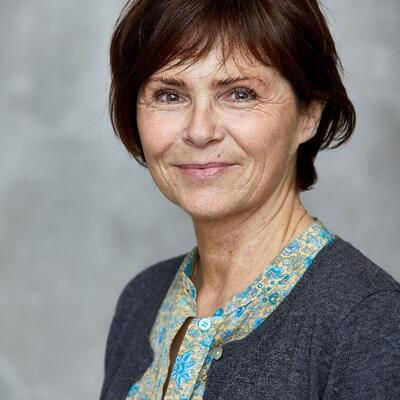
Elsabet Nielsen is a senior researcher at the Department of Civil and Mechanical Engineering, Technical University of Denmark (DTU). She received her Ph.D. in solar combisystems from the university in 2007. Her areas of expertise are heat storage, ground storage, sorption storage, hot water tanks, thermal stratification, solar collectors, and solar heating systems, including testing and numerical modeling. She has worked in close cooperation with universities, research institutes, consulting companies, and producers in Denmark and abroad and participated in IEA SHC Tasks 16, 26, 32, 44, 46, and 66. She currently serves as leader of subtask BC in SHC Task 66.
Presentation: Concepts for New and existing Solar Energy Buildings and building blocks
Michael Gumhalter
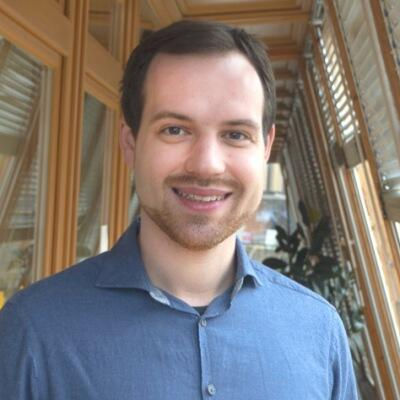 Michael Gumhalter is a scientific researcher at AEE INTEC in Gleisdorf, Austria. His focus is on the system integration of renewable energy technologies. As an electrical engineer with broad experience in software development and thermal building simulation, he is developing model-based control methods for buildings and renewable energy systems. He holds a degree in Energy Systems and Automation Technology from the Technical University of Vienna. Besides his work as a scientific researcher, he is an independent lecturer on building simulations at the University of Applied Science FH Burgenland.
Michael Gumhalter is a scientific researcher at AEE INTEC in Gleisdorf, Austria. His focus is on the system integration of renewable energy technologies. As an electrical engineer with broad experience in software development and thermal building simulation, he is developing model-based control methods for buildings and renewable energy systems. He holds a degree in Energy Systems and Automation Technology from the Technical University of Vienna. Besides his work as a scientific researcher, he is an independent lecturer on building simulations at the University of Applied Science FH Burgenland.
Presentation: Current and future technologies and components for Solar Energy Buildings
Bärbel Epp - Moderator
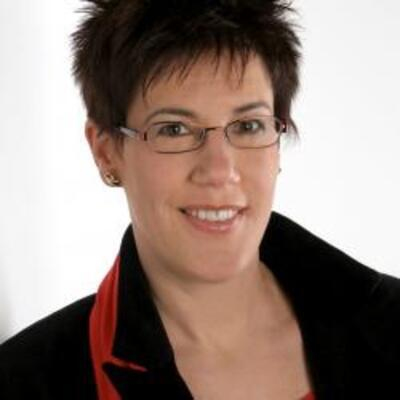 Bärbel Epp is the founder and managing director of the German consultancy solrico. She is responsible for the international newsletter of the web portal www.solarthermalworld.org, reporting exclusively on market and technology trends in the solar heating and cooling sector. solrico also created the first online World Map of SHIP suppliers (SHIP = Solar Heat for Industrial Processes, see www.solar-payback.com/suppliers) and carries out surveys among the around 70 companies listed on the world map annually. Bärbel Epp graduated in Physics from the University of Oldenburg, Germany.
Bärbel Epp is the founder and managing director of the German consultancy solrico. She is responsible for the international newsletter of the web portal www.solarthermalworld.org, reporting exclusively on market and technology trends in the solar heating and cooling sector. solrico also created the first online World Map of SHIP suppliers (SHIP = Solar Heat for Industrial Processes, see www.solar-payback.com/suppliers) and carries out surveys among the around 70 companies listed on the world map annually. Bärbel Epp graduated in Physics from the University of Oldenburg, Germany.